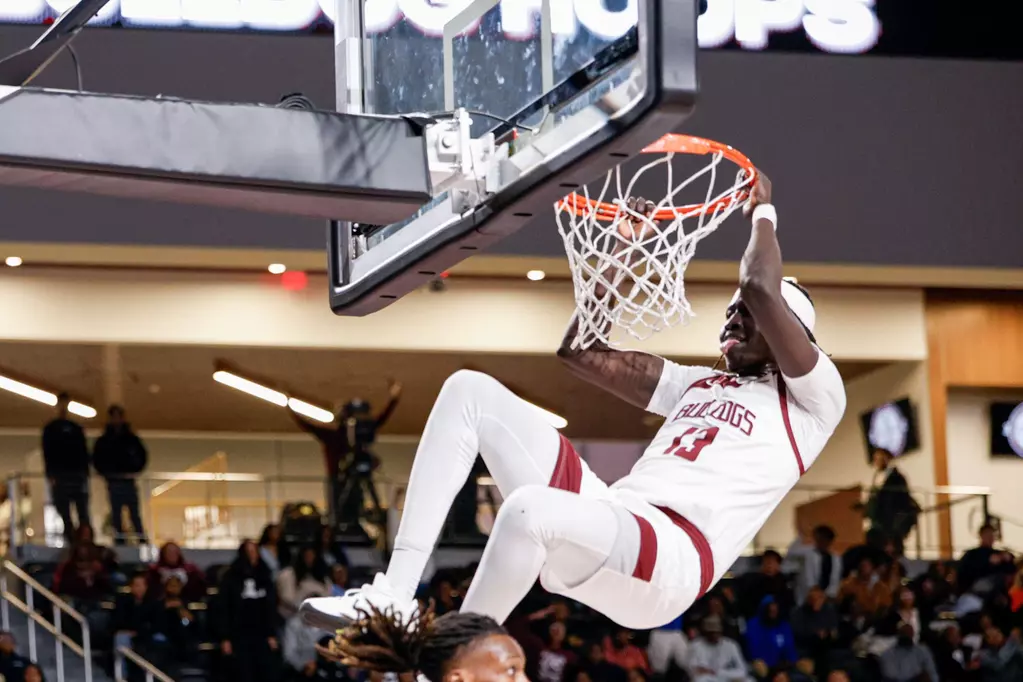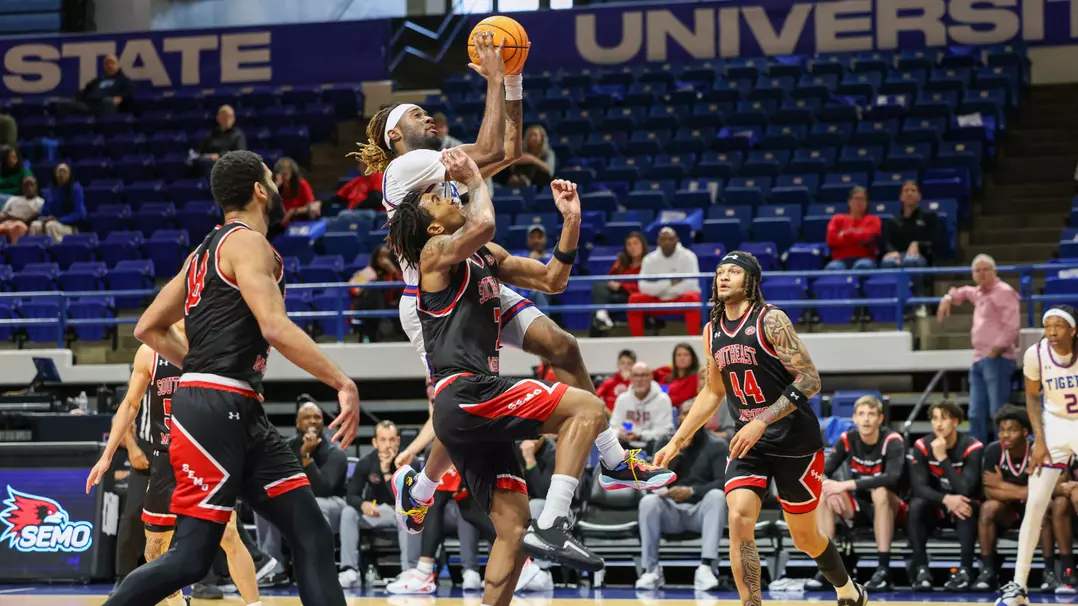From nba.com official release:
Hey, now you’re immortal,” Paul Westphal said in relating what someone told him when they learned he was going to be inducted into the Basketball Hall of Fame.
“No,” Westphal said during his induction speech in September 2019, responding to the well-wisher, “immortality doesn’t come from basketball.”
As we pause to remember Westphal, and share how saddened we are at his passing, we recognize how prophetically spot-on he was.
“Westy” will not be immortalized for just playing basketball. He will be remembered for how he lived his life, and how he treated others.
The Phoenix Suns organization shares its thoughts and prayers with the Westphal family through this difficult time.
“Westy will forever be remembered as a prominent Valley sports legend both on and off the court,” said Suns Managing Partner Robert Sarver. “He built an illustrious career as both a player and a coach. His legacy ranks among the most quintessential basketball icons of all time.”
Westphal left an indelible signature on the Phoenix Suns franchise with his All-NBA talent, his brilliant mind and his elite character. From guiding the team on the court in the 1976 NBA Finals to leading them from the sidelines in the 1993 NBA Finals, Westphal’s legacy in Phoenix crossed decades and his overall impact on the organization is virtually unmatched.
“Throughout the past 40 years, Westy has remained a great friend of the organization and as a trusted sounding board and confidant for me,” Sarver continued. “His number 44 will forever hold its place in our Ring of Honor, enshrined as one of the utmost deserving members.”
Born on November 30, 1950, Westphal was a native of Torrance, CA, and spent 14 seasons with the Suns as a player and a coach.
The eventual Basketball Hall of Famer known as “Westy” was acquired by the Suns in a trade with the Boston Celtics in 1975 and spent six seasons as a player with Phoenix. He ultimately found his way back in the Valley a few years later on the Suns’ coaching staff from 1988-95. Due to his astounding career and impact across the NBA, Westphal was enshrined in the Naismith Memorial Basketball Hall of Fame on September 6, 2019.
“There may be just a handful of people who have as much influence and significance on the history of the Phoenix Suns,” Jerry Colangelo said. “All he accomplished as a player and as a coach. Off the court, he was a gentleman, a family man, great moral character. He represented the Suns the way you want every player to represent your franchise.”
Known for his high basketball IQ, Westphal was instrumental in leading the Suns to their first NBA Finals appearance in 1976 against the Celtics. This series featured “The Greatest Game Ever Played” — a triple-overtime thriller during which Westphal’s quick thinking helped put the Suns in position to extend the game behind Garfield Heard’s famous “Shot Heard ‘Round the World.”
“He was cerebral in his game,” Colangelo said. “He was always thinking one step ahead. Even the infamous triple-overtime game in Boston during the Final series, when he was the one who said, ‘Call the timeout.’ — which forced a free throw, but gave us the ball at halfcourt and set up the opportunity to tie the game, which we did. That’s thinking right on the spot at the moment.”
Westphal became a five-time All-Star (four with the Suns) and garnered All-NBA recognition for four consecutive seasons, including three selections to the First Team. He sits as the eighth-leading scorer in Suns history, totaling 9,564 points and averaging 20.6 points per game, and was inducted into the Suns Ring of Honor on April 15, 1989.
Westphal joined the coaching ranks upon retirement and came back to the Suns as an assistant in 1988. Once back with the organization, Westphal learned under fellow Suns Ring of Honor member Cotton Fitzsimmons as he brought his basketball intelligence to the sidelines. Even as an assistant coach, Westphal proved his worth and garnered credit for his player relationships and development skills, including that of 1989 Sixth Man of the Year Eddie Johnson.
“He led by example,” Johnson said. “He didn’t change off of the court. It’s just a positive atmosphere that he exudes when he’s around. He always greets you with a pleasant smile. You always feel like you are a part of his clique. He’s somebody we can put on a pedestal.”
Westphal spent four seasons in this role under Fitzsimmons before taking over as head coach for the 1992-93 season. His success came early and often, leading the Suns to the best record in the league and a trip back to the NBA Finals in his first season at the helm. During his time as head coach in Phoenix, Westphal amassed a record of 191-88, which ranks as the fourth-most wins of any head coach in team history while his .685 winning percentage is best in Suns coaching history.
“We had a personal relationship that spans decades,” Colangelo said. “He played for me. He coached for me. I always had great respect for Paul and he added to the quality of my life just with his presence. I’m very thankful that I had the opportunity to be associated with him.”
Westphal left an everlasting legacy on the Suns franchise and within the city of Phoenix. While his greatest accomplishments may have come in the Valley of the Sun, his ultimate impact on basketball stretches from a young high school star in Southern California through a storied career as player, coach and broadcaster.
Westphal attended Aviation High School in Redondo Beach, Calif., where he was named the 1968 California Interscholastic Federation Player of the Year as a senior. He attended USC and earned All-Pac 8 honors in all three seasons with the Trojans. USC retired Westphal’s number 25 jersey and he was inducted into their Athletic Hall of Fame in 1997.
Westphal was drafted 10th overall in the 1972 NBA Draft by the Boston Celtics where he spent the first three years of his career, including the Celtics’ 1974 championship season. He was traded to Phoenix for future Basketball Hall of Famer Charlie Scott on May 23, 1975. He also first left the Suns in exchange for a future Basketball Hall of Famer, Dennis Johnson, on June 4, 1980.
He played one season with the Seattle SuperSonics and two seasons with the New York Knicks, winning Comeback Player of the Year for the Knicks in 1982-83. He returned to Phoenix for the final season of his 12-year playing career in 1983-84.
Westphal began his coaching career in 1985 with Southwestern Baptist Bible College (now Arizona Christian University). After finishing the season 3-20 the year before, he guided them to a 21-9 record in his lone season. He was then hired as the head coach of Grand Canyon University, leading them to a 63-18 record over his two seasons, including a NAIA National Championship in 1988.
In addition to four season as Head Coach of the Suns, Westphal spent three seasons as head coach of the Seattle SuperSonics, five seasons as head coach of Pepperdine University, one season as an assistant coach for the Dallas Mavericks, three seasons as head coach of the Sacramento Kings, and finished his coaching career with two seasons as an assistant coach for the Brooklyn Nets.
Westphal is survived by his wife Cindy, and his son Michael and daughter Victoria.
Thank you, Paul. Rest in Peace.




